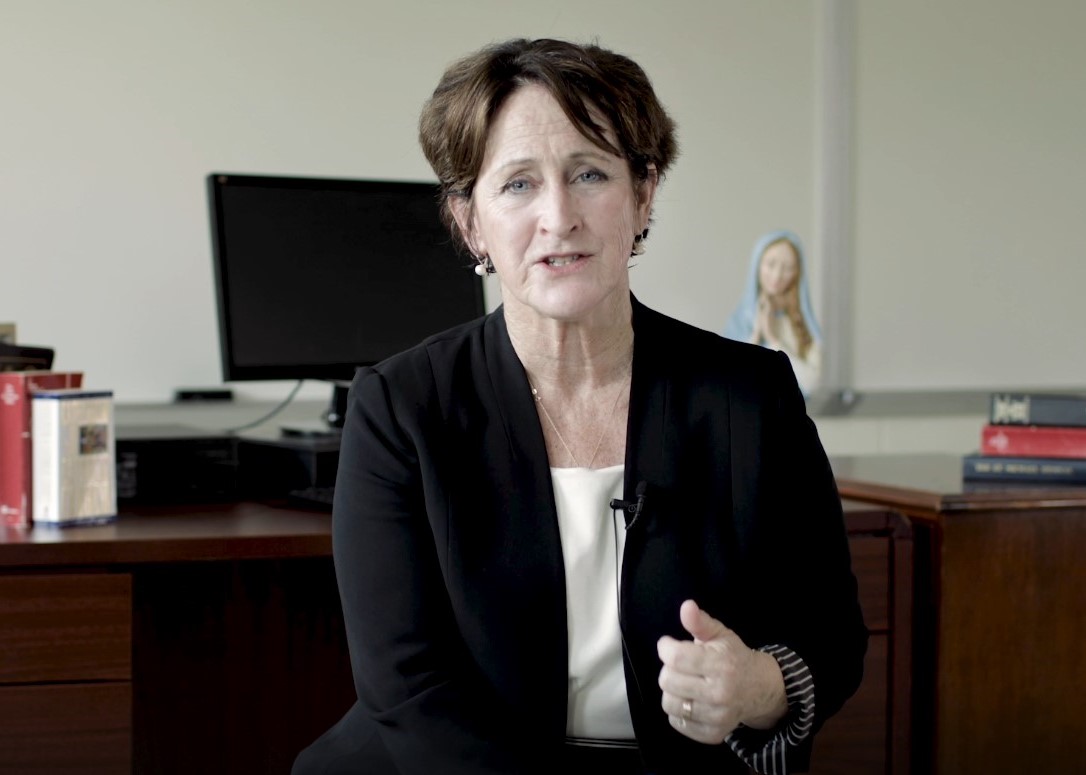Young people who previously identified as transgender or nonbinary but then “de-transition” (reclaim their sexual identities), often after undergoing medical or surgical transitions, are becoming increasingly visible. It is hard to obtain accurate numbers on how many previously transgender-identified persons have de-transitioned or regret their transitions. Because gender clinics assist a person’s transition, but generally are not set up to facilitate de-transitions, they are poor sources for information about the number of de-transitioners. The few studies that report low rates of regret over time are of limited use, as they typically report sizeable numbers of patients who are “lost” to follow-up over time (which means that clinicians were unable to contact them and have no data on their long-term results) or their sample populations are unlike today’s adolescent transgender population.
The testimony of de-transitioners sheds some light on the impact of gender ideology on vulnerable young people. Some young de-transitioners have begun to advocate against gender-affirming approaches, urging better mental health treatment and individualized support instead. Other de-transitioners speak out about the vulnerability of young people, particularly adolescent girls and people on the autism spectrum, to peer pressure—especially on social media—that encourages them to transition. Adolescents or troubled young people may be taken in by false promises that “coming out” as transgender and transitioning will solve their depression, anxiety, unhappiness, and isolation. De-transitioners offer compelling testimony about the lopsided messaging they heard from gender-affirming networks, including gender therapists, gender clinics, school personnel, and transgender social media communities. These “affirming” networks almost invariably downplayed the risks and permanent impact of transitioning and dismissed the possibility that the young person’s depression, social discomfort, or body issues might be caused by unresolved trauma, mental health issues, or family dysfunction rather than “stigma” or “transphobia.” Too often, these “affirming” networks drove a wedge between the young person and their families, unjustly labeling anyone (including parents) as “transphobic” if they questioned a teen’s desire to transition.

